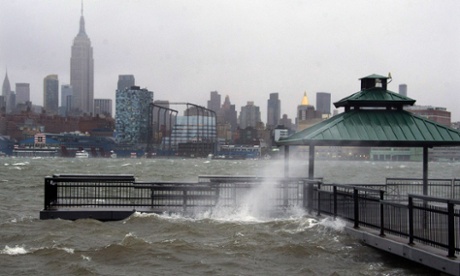The cost of cancer: why health impacts belong on company balance sheets
First published in the Guardian, August 18th, 2014
Like so many of us, I have personal experience with cancer. I’ve had it twice, and so have both of my parents, six aunts and numerous friends. Just last month, someone very close to me was diagnosed with invasive breast cancer. These illnesses are more than just statistics. They require the patient, as well as their families and friends, to journey through a pretty broken medical system, and their emotional price is exorbitant.
My own cancer odyssey started about eight years ago and lasted two years. (I’ve been cancer-free for six years now and I’m doing fine, thanks). When I started feeling physically better, I felt the release of an emotional bottleneck. I went to a support group and each of the six people there told the same story: “I’m sure I got cancer for a reason and I just don’t know what it is yet.”
I responded, perhaps inappropriately: “You got cancer because a variety of companies, governments and shareholders decided that clean air, water and food were less important than their money.”
I’m sure everyone in that group was happy I never returned, but it was a great catharsis for me. At that moment, as an environmentalist working with business, my emotional self met my professional self on very clear terms. I realized we must begin including the environmental costs – including environment-related health costs – in every financial transaction.
Consider this: last year, the US spent $37bn on cancer drugs and over $100bn on cancer treatment alone. Those numbers don’t include the unreported and uncovered costs, such as nurses, acupuncture, psychotherapy, personal travel, supplements and caregivers’ expenses. I spent many thousands of dollars in such costs for



